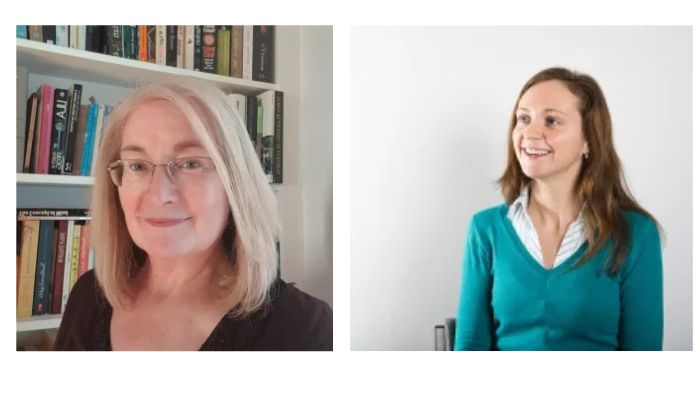University appointed UN Academic Impact Vice-Chair for research
18 Sep 2025
Manchester to play an essential role in advancing the implementation of the 2030 Agenda for Sustainable Development by leading research initiatives for the UNAI SDG10 Hub, part of a UN network of over 1,700 universities and colleges across more than 150 countries.

Our University has been appointed as the new United Nations Academic Impact Sustainable Development Goals Hub Vice-Chair for Research for SDG10 (Reduced inequalities) by the United Nations Academic Impact (UNAI) initiative.
Manchester will play an essential role in advancing the implementation of the 2030 Agenda for Sustainable Development by leading research initiatives for the UNAI SDG10 Hub, from September 2025 to December 2027, as part of the larger UNAI network, which comprises over 1,700 universities and colleges across more than 150 countries.
UNAI is an initiative that aligns institutions of higher education with the United Nations in supporting and contributing to the realisation of United Nations goals and mandates. UNAI members are making significant strides in advancing the United Nations Sustainable Development Agenda to further encourage innovation and commitment to sustainability education for future generations.
Professor Lucy Frith and Dr Elaine Dewhurst from the Manchester Law School, School of Social Sciences, will take up the leading role in shaping and advancing the work of the UNAI SDG 10 Hub, contributing to global efforts to promote equality and reduce inequalities.
Vice-President for Research, Professor Colette Fagan said: “This important appointment is in alignment with the University’s longstanding commitment to tackling inequalities and transforming lives. This is an exciting new chapter in our journey toward advancing collaborative research and real-world solutions that make a difference here in Manchester and across the globe.”
Supporting the UN’s Sustainable Development Goal 10, Reduced inequalities, our University already brings together over 650 academics across disciplines to address disparities in health, food security, living conditions, social justice and workplace equality, working side by side with communities to create lasting change locally and worldwide.
Colette added: “I am delighted The University of Manchester has been selected for this role and look forward to working with colleagues and partners to build on the University’s outstanding research and engagement. Together, we can drive forward practical, sustainable solutions that reduce inequalities and improve lives both locally and internationally.”
Further information
For more information, visit:
